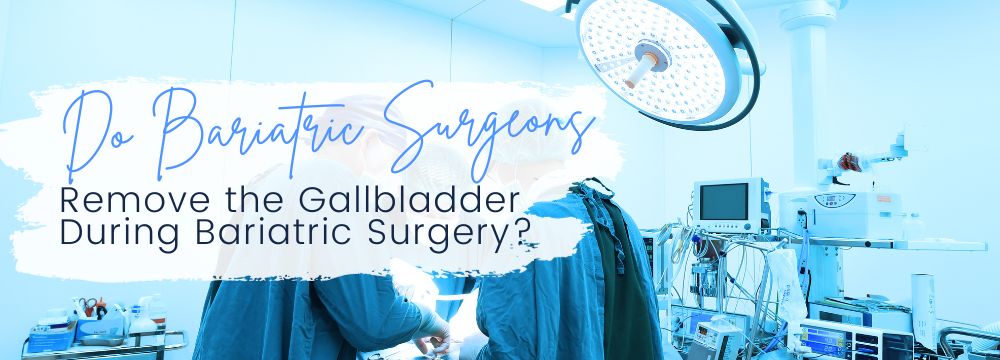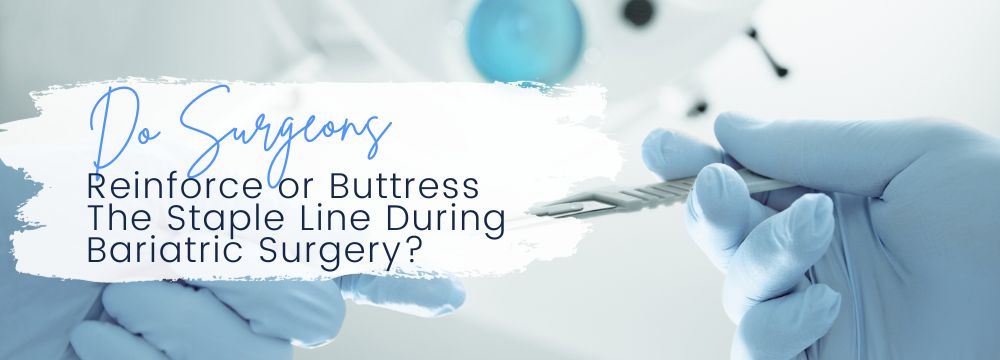
While many of us do not think much about the gallbladder, and we don’t need it to live, it represents an organ in the human body responsible for over 1 million surgeries every year. Many millions of Americans have gallstones – tiny, calcified pebbles in their gallbladder that sit there and don’t cause much trouble. Some patients can also have a large gallstone that can be alternately symptomatic or asymptomatic. However, when any stone blocks the outflow of bile into the stomach or gets lodged in the bile duct, it can be excruciating and even debilitating, with pain and discomfort occurring soon after a meal.
Women of childbearing age, those carrying excess weight, and those who lose a significant amount of weight quickly are often at risk of developing or worsening gallbladder disease. These are also the patients most likely to have bariatric surgery. This, therefore, begs the question: should the gallbladder be removed along with a bariatric procedure? On the face of it, you may say: Why not? You’re already in there, and gallbladder surgery is extremely safe with very few postoperative limitations and risks. However, bariatric surgeons’ approach is that a surgical procedure should not be performed unless necessary.
When the Gallbladder Is Removed
The definitive reason to remove the gallbladder, whether bariatric surgery is being performed or not, is to alleviate any pain or discomfort that a patient has because of gallbladder disease and gallstones. As such, if patients are suffering from gallbladder disease and are experiencing the pain and symptoms associated with it, your surgeon will typically schedule a gallbladder removal alongside bariatric surgery.
Otherwise, if there is no gallbladder issue, surgeons will only perform weight loss surgery.
The Bottom Line
There can be a good reason (if symptomatic gallbladder disease exists) to perform a secondary simultaneous gallbladder procedure when patients are having bariatric surgery to reduce the overall risk versus two separate surgeries. However, most bariatric surgeons only do so when it is warranted – patients are experiencing the symptoms of gallstones.
If you are experiencing any other abdominal concerns, we encourage you to bring these up with your bariatric surgeon to understand if multiple problems can be corrected with fewer surgeries. Remember that bariatric surgeons are also general surgeons who handle abdominal concerns of all kinds, from hiatal hernias to colorectal issues.




